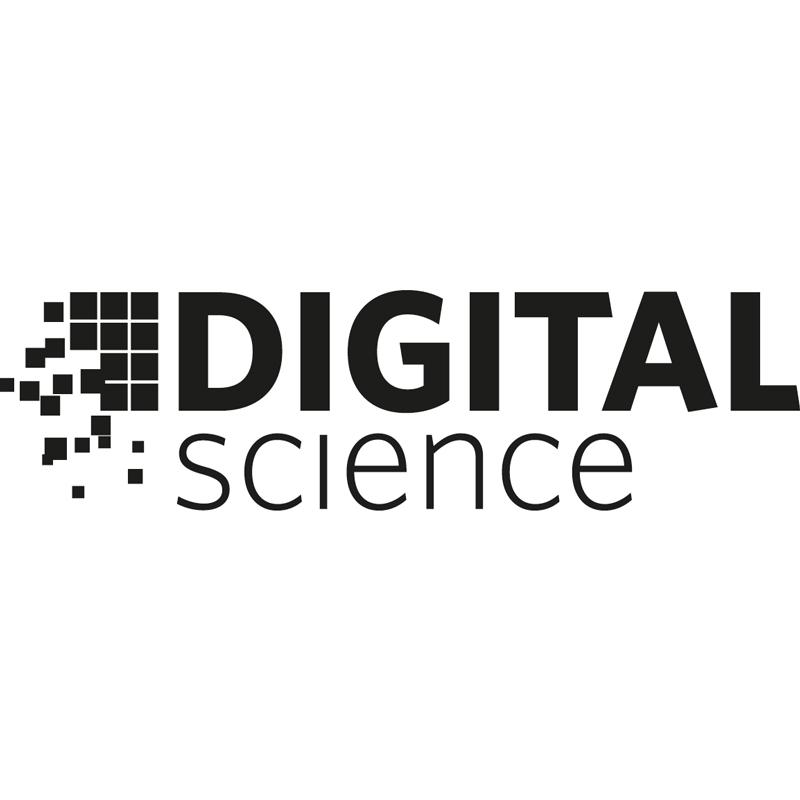
Utilising new modes of data to enhance research strategy and collaboration
The digital transformation of the education sector has led to an increase in the quantity and complexity of data available to higher education institutions. This presents opportunities to optimise strategy by harnessing data insights relating to research, recruitment and performance. A Times Higher Education webinar, held in collaboration with Digital Science, discussed the benefits of using new modes of data to optimise research practices and tackle the challenges of data silos.
“A lot of universities and higher education institutions are working through a digital transformation at this time, and some are at different stages than others,” said Ann Campbell, technical solutions manager at Digital Science. “But it’s important to think holistically, of not only the different systems that are involved here but also the different departments and stakeholders.
Campbell added that siloed systems pose challenges when seeking comprehensive insights: “It’s better to have an overarching data model or a perspective from looking at the research life cycle instead of separate research silos or different silos of data that you find within these systems.”
“A limitation is the lack of a mechanism to collect data systematically for all data fields,” said Henry Zheng, vice-provost for institutional effectiveness and planning at Carnegie Mellon University.
Sustaining research output and quality is dependent on retaining top-performing faculty members and researchers at the institution. “A lot of the recruitment and retention effort is going to be more of a data-driven process – now more than ever,” he said.
The panel agreed that relying on academics for self-reporting of research activities may lead to gaps in data. Amanda Bretman, dean of research quality at the University of Leeds, emphasised the significance of ensuring that all stakeholders understand the importance of accurate data inputs. She highlighted that high-quality data inputs are essential for drawing reliable conclusions.
Janne-Tuomas Seppänen, information specialist at the University of Jyväskylä, said his university has removed the need for self-reporting by having a designated team for the collection and curation of data. Additionally, the university has implemented web crawling, which uses automated scripts to identify whether a research publication is associated with the university.
“Citations can take you so far,” said Bretman. “They don’t tell you about exhibitions, for example, or working with the public.” Bringing other dimensions into benchmarking and exploring methods for standardisation is a relevant conversation, she added. Campbell added: “We’re starting to widen the picture and move away from traditional bibliometrics and look at societal impact and community impact and other things that are sometimes hard to measure.”
Seppänen pointed out that using simple tools that provide graphs and numbers without considering the underlying complexity within diverse data sets comes with the risk of misunderstanding the data. “The big picture is that benchmarking becomes harder the bigger you go. That’s counterintuitive because traditional bibliometrics follows the wisdom that you need to have big units,” he said. “But the bigger you go, the more heterogeneity you start to get in your data set.”
“We really need to be mindful as to the benefits of particular metrics that we’re using,” said Campbell. Factoring in elements such as research integrity, research security, and good practice is beneficial for the research community as these enable better outcomes. “In order to do this, however, you need a top-down data culture. [You need] to think of the questions that you’re trying to answer and look at the data instead of the system, and see what the best approach is.”
A notable solution provided by Digital Science to address these challenges is Dimensions on Google BigQuery, an initiative that empowers academics to extract customised data from various stages of the research life cycle. This innovative approach enables researchers to seamlessly integrate external data with their own internal datasets, providing them with a comprehensive and holistic view of their research activities. Such integration not only fosters collaboration but also enhances the quality and impact of academic research.
The panel:
- Amanda Bretman, dean of research quality, University of Leeds
- Ann Campbell, technical solutions manager, Digital Science
- Alistair Lawrence, head of branded content, Times Higher Education (chair)
- Janne-Tuomas Seppänen, information specialist, University of Jyväskylä
- Henry Zheng, vice-provost for institutional effectiveness and planning, Carnegie Mellon University
Working in partnership with the research community, Digital Science tackles some of the biggest challenges to research. Its solutions support all stages of the research life cycle and are used by 21 of Times Higher Education’s top 25 globally ranked institutions. Find out more about how Digital Science collaborates with the academic world to overcome research management challenges.
Dimensions maps the entire research life cycle, transforming the way research is discovered, accessed and evaluated. It covers millions of research publications connected by more than 1.7 billion citations, supporting grants, datasets, clinical trials, patents and policy documents. Find out more about the transformative capabilities of Dimensions on Google BigQuery.

